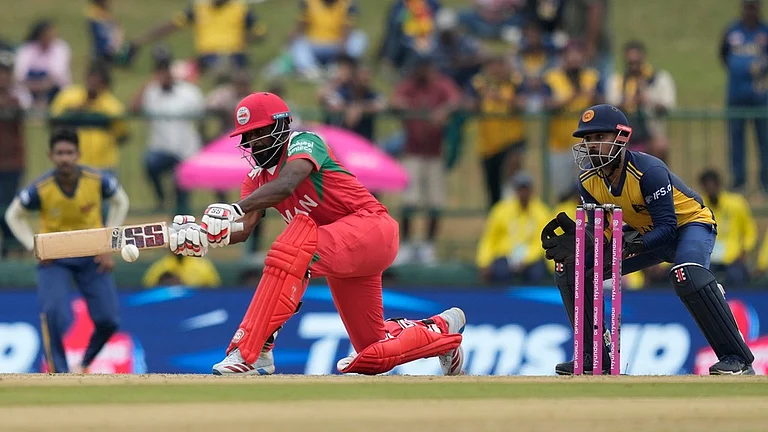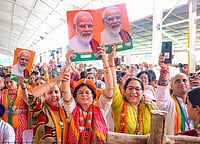The Jammu and Kashmir reorganisation Bill passed by the Rajya Sabha on Monday has bifurcated the state for certain reasons against the will of a section of people in the Jammu region who were demanding for a separate state for quite long.
Hindus constitute about 70% population of the Jammu region. However, in two districts - Poonch and Banihal - Muslims are in the majority. A section of Hindus always nursed a feeling for separate statehood to get out of the Kashmiri ‘hegemony’.
"Trifurcation could have meant creating a Muslims-only Kashmir valley. There would not have been a balancing factor. The leadership of separate Kashmir state, if it had been created, would have repeated the same argument of holding 'talks with Pakistan' for solving the 'issue' with no one countering it. It would have strengthened the propaganda of Pakistan and negated the intent of scrapping Article 370," said former J&K police chief K Rajendra. He was the SSP in Srinagar when terrorism started in the early '90s.
Another important reason is that dividing Jammu and Kashmir into two separate states would have given rise to theories that the state has been divided along religious lines. Had it been done so, there could have been communal tension in many parts of the Jammu region. In Doda region, comprising Doda and Kishtwar, the population of the two communities is almost equal. This region has been the worst victim of terrorism and witness to many communal clashes. A significant section of Muslims from the Doda region are more connected to Kashmir emotionally.
"There was a strong possibility of communal clashes not only in Doda, even in Poonch and Rajouri districts. The government didn't want it. It gave credence to national designs over regional aspirations," said Jammu-based journalist Junaid Hashmi who hails from Doda.
There has never been a pan-Jammu regional party. J&K Panthers Party had limited influence in Udhampur district. In the late 90s, Jammu State Morcha was formed but it could win only one seat and later its sole elected MLA too joined the BJP. It also reflected that 'separate Jammu state' sentiment didn't get much traction. National Conference had won two seats in Jammu in the 2015 assembly elections.
Thousands of Kashmiri students stay in Jammu for attending coaching classes on professional courses. Many Kashmiri families own homes in Jammu. Thousands of government employees from Kashmir live in Jammu for six months when the state secretariat shifts there during the winter season.
"Trifurcation could have resulted in a replay of the two-nation theory. It would have hardened the anti-India feeling and gave rise to radicalisation in Kashmir. It would have been played out that Kashmir Muslims have been cornered and put in 'ghettos'. Government of India factored it significantly when taking a decision," says economist Ruchi Sharma.






















.png?w=200&auto=format%2Ccompress&fit=max)



